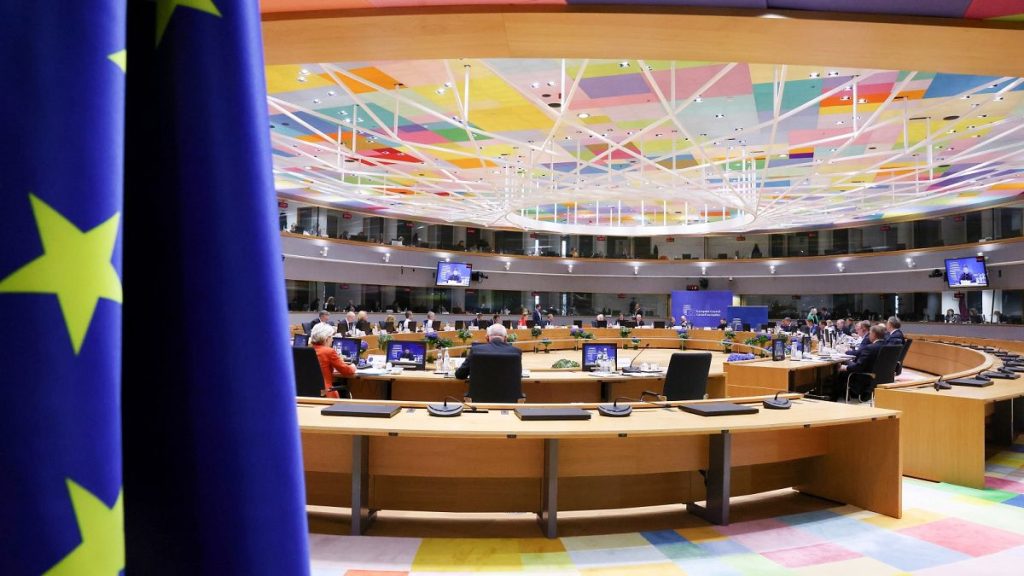The two Commissioners-designate, Kallas and Kos, are advocating for measures to bypass the unanimity rule in EU decision-making related to foreign affairs and enlargement in order to speed up the process. They argue that unanimity is slowing down the determination and response to urgent challenges, such as issuing common statements on key issues or releasing funds for military assistance. Kallas suggests using constructive abstention and Qualified Majority Voting, while Kos supports the use of passerelle clauses to allow for decisions to be made through qualified majority in specific cases where unanimity is required.
Kallas proposes that the EU move towards qualified majority voting to boost efficiency, citing examples of when unanimity has hindered decision-making. She highlights situations where member states have instrumentalized unanimity, such as Hungary blocking funds for Ukraine or wielding its veto to gain carve-outs in negotiations. Kos acknowledges that unanimity requirements can slow down the enlargement process, especially when even one member state objects. She expresses readiness to explore adjustments to procedures to speed up certain steps in the enlargement process.
Several candidate countries are seeking to join the EU and have faced obstacles due to member states blocking their progress. For example, North Macedonia experienced a 17-year standstill in its accession path due to objections from various member states. Both Kallas and Kos are likely to face challenges in promoting the use of constructive abstention and passerelle clauses, as Hungarian Prime Minister Viktor Orban has spoken out against the move from unanimity to qualified majority voting. Orban argues that smaller member states would have their voices stifled in favor of larger ones if this change were to occur.
Qualified majority rule requires the approval of at least 16 member states representing 65% of the EU population for a decision to be made. Passerelle clauses, on the other hand, require unanimity to be rolled out, meaning all 27 member states would have to agree to relinquish their individual veto power on a specific file to create such a clause. Both Kallas and Kos are set to appear before MEPs for confirmation hearings next month, where their advocacy for these changes in decision-making processes will be scrutinized. Their proposals aim to make the EU more efficient and responsive in its foreign affairs and enlargement activities.


